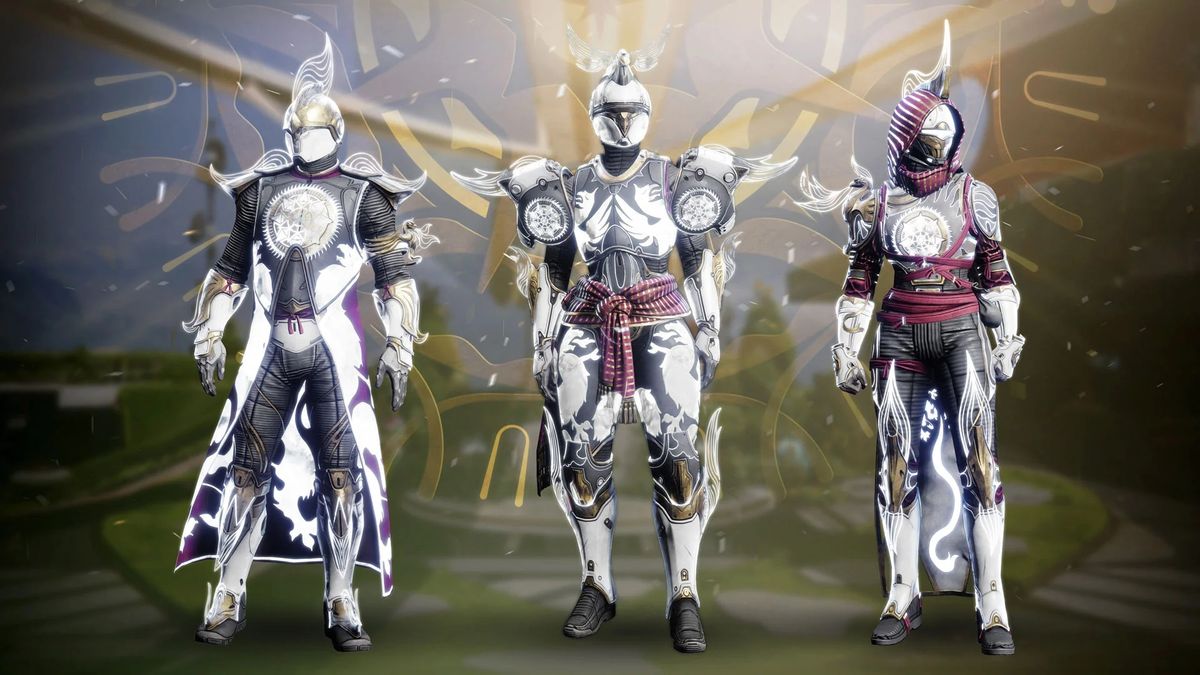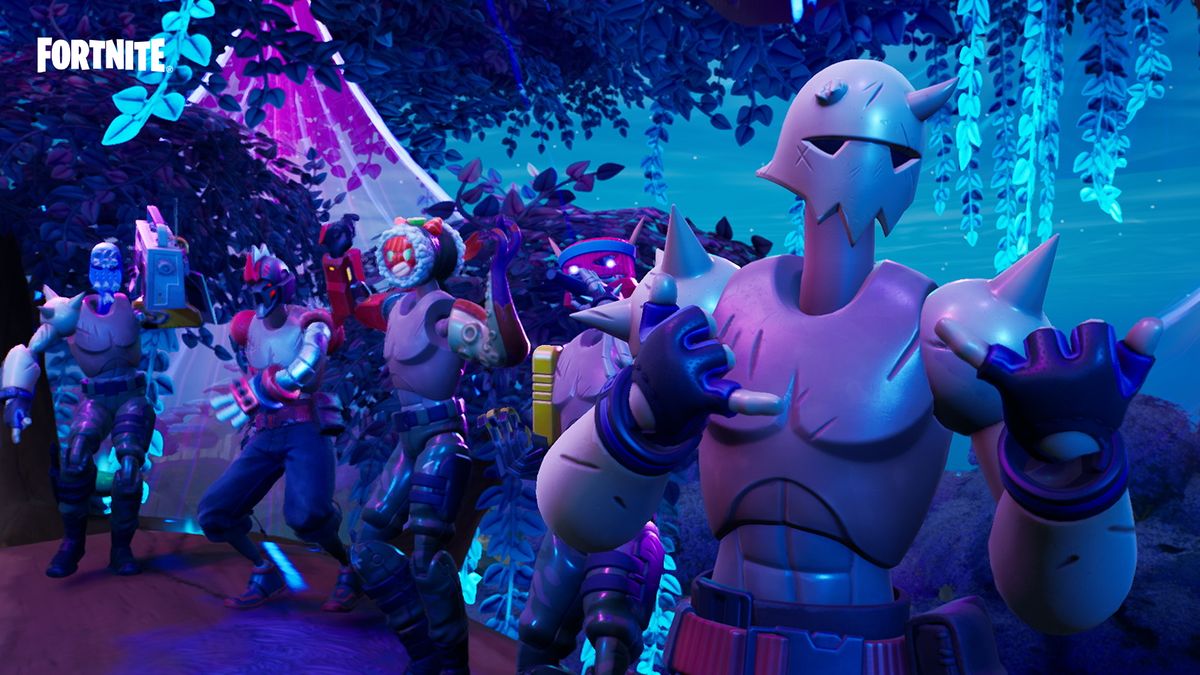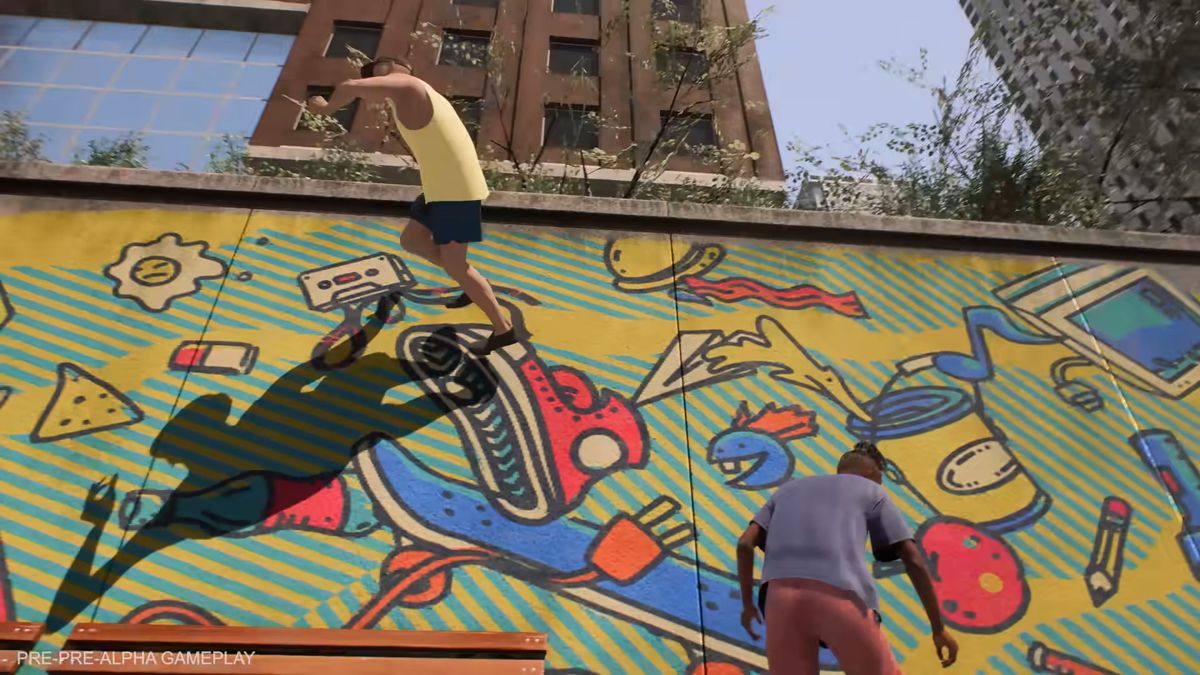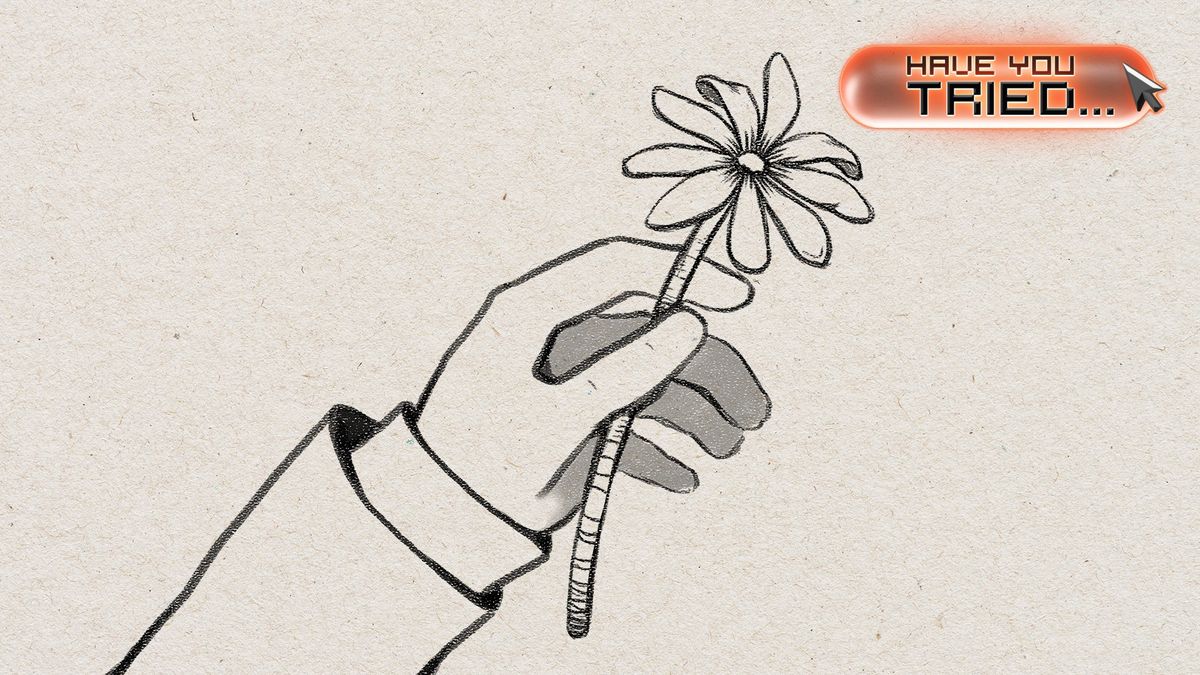As I sit trapped in my sweltering flat, sweat dripping down my chest, and Covid19 fears ricocheting around my head, it feels both surreal and oddly comforting to see my situation mirrored on a screen. Amidst a blistering British heatwave, I’m playing Stilstand, an utterly bizarre interactive comic from Danish artist Ida Hartmann.
Out now on iOS, Android and Steam, Stilstand feels a lot like Florence… if it was re-imagined as a fucked-up fairy tale by Hans Christian Andersen. This Danish debut is a jarringly-drawn and incredibly simplistic adventure about the anxieties of modern living. Devoid of color and only offering limited moments of interactivity, this certainly isn’t a video game for everyone. Yet like all good art, it leaves a serious impression. Playing Stilstand was an experience that seamlessly veered between being deeply unsettling and oddly moving – and weeks later, I still can’t quite get it out of my head.

Shadow man
The basic premise of Stilstand goes a little something like this… Waking up to find a strange creature lurking in the corner of her room, we find an unnamed 20-something protagonist isolated in a sticky Copenhagen apartment during a blistering heatwave. Struggling to motivate herself to perform even the most basic of tasks, the creature sharing her unfurnished apartment goads her into action. Then it’s up to you, the player, to get the unnamed girl to do….well, something. A mouse click forces our protagonist to half-heartedly reach for a cigarette. A second left-click sees her joylessly swipe through a dating app.
As her fears about losing her connection with the outside world grow, so too do the frequency of visits from the shadowy creature, who can only really be described as a crudely drawn version of Donnie Darko’s iconic rabbit. If it wasn’t clear already then, Stilstand is probably the weirdest game you’ll play in 2020.
Funded by the Danish Film Institute and inspired by games like Florence and What Remains of Edith Finch, Stilstand’s somber tale of isolation is an eerily prophetic project, two years in the making. While its click and drag-style gameplay clearly has a lot in common with cutesy award-winner Florence, Hartmann always wanted her debut game to explore the much darker subject matter.
“I loved Florence, but it’s a crowd-pleaser. They made the [game’s] themes really accessible – it’s a love story. It was really beautiful, but that’s not me…that’s not who I am as an artist. I wanted to explore how we could do something that digs a little deeper into the darkness of the human psyche – the difficult parts.”

Date night
And boy can Stilstand be difficult. From accompanying our heroine on a drunken mental breakdown at a party, to taking her on a date so cringe-worthy that it would make even Larry David blush, playing Stilstand is a raw and anxiety-inducing ride. Hell, even looking at its art style manages to make me feel uneasy, but that’s all part of Stilstand’s charm. Like Bojack Horseman before it, it shows life’s struggles through an almost uncomfortably honest lens.
“I’m completely aware that my drawing style might be unpleasant for some people,” laughs Hartmann. “And I’m OK with that! I always like to make autobiographical comics with a grotesque weirdness to them – because that’s the kind of art I like myself.”
Despite having written several graphic novels before trying her hand at game design, Ida reveals that Stilstand is her most personal creation yet:
“When I was in my 20s and having crisis periods, I really thought that I was the only one who was having a hard time… and that’s one of the reasons that I made this game,” explains Hardmann. “I wanted to be open about that and to get these themes out there. Even if it might be unpleasant to walk through the protagonist’s shoes, I think it’s important to make something that feels relatable and authentic.”
Authenticity isn’t a term that Ida throws about willy-nilly here, either. If Stilstand was going to work, she knew it had to hit home – to be unflinchingly honest. So, during the start of the game’s development, Ida went to her parent’s house and dug up decades-old diary entries, re-discovering years of past anxieties, insecurities, and heartbreak – one difficult to read page at a time.
“In the start of this process I read a lot of my diaries, poems, and drawings from my 20s and it was really excruciating for me to talk to the guys in the office [ the studio of co-creators Niila Games] about them! To reveal my inner, most personal thoughts. But I feel like when people make art from their heart, right from the truth, people can feel it – because it’s authentic.”

The depression monster
Thankfully though, Stilstand’s not quite as unrelentingly bleak as it may sound. Littered with some surprisingly humourous mini-games, several surrealist and tender moments – and set to wonderful score from composer Andreas Lagerstedt – there is undoubtedly a heart beneath Stilstand’s cold exterior. For Hartmann, that was key. The point of Stilstand wasn’t to bum people out, but to offer players comfort and catharsis:
“I put in humour and the creature, things to soften it up, so that it wouldn’t get too dark because I don’t want to make people depressed! – That’s not the point of this game – I just wanted to see how an interactive graphic novel could explain feelings… to explore how we can talk about difficult emotions through a video game.”
I don’t want to make people depressed!
Ida Hartmann
In fact, even the initially harrowing-looking creature ends up feeling like a friendly face as players find themselves plunging into the girl’s inevitable downward spiral.
“Usually there’s this concept of a depression monster that grows bigger and bigger and I didn’t want it to be like that – I wanted it to be a voice inside your head that says ‘Why can’t you do it? Shouldn’t this be easy? Why can’t you go outside?’ This naïve, gullible friend or sibling that doesn’t understand what the person is going through.”
At times it almost feels as though the monster and the player are almost one and the same – both desperately attempting to coax the girl out of her depression.
“I think somehow the creature is some part of me that just wants the girl to be alright, to let her know that everything will get better. To be that voice somehow. I don’t know when and I don’t know how things will get better – but they will. That’s just the way life can be – I’m in my 30s now and there’s new shit to deal with!” she says with a laugh.
Still, that doesn’t stop parts of Stilstand from being absolutely nail-biting, with one chapter, in particular, making me shout “NO, STOP!” on several occasions.
“Ah, the date! The reason we put in dialogue choices was just to create that feeling of dread like you’re watching her destroy this date.. and that you’re doing it with her. I didn’t want her to escape her isolation through a love affair. There are no branching storylines because you can’t help her. You can’t do anything for her situation. You have the feeling of choice but really, you’re left with her as she is.”
The summer of Corona
Cheery stuff there, thanks Ida. Still, for Hartmann this whole process has been hugely cathartic – and her hope is that Stilstand will also be able to offer a similar release for her players.
“I feel like this project has been fairly therapeutic… to stand face to face with myself during this process and find out that it’s not that scary to be open about your struggles or depression,” she says with a smile. “It’s been good to look from a distance at [past me] and to see what she went through – to understand why she’s acting the way that she was. I understand the game completely differently now to when I first started making it – because I now understand myself differently.”
And in the short time since Stilstand’s release, it looks like this wonderfully weird tale has already touched players, and really, what more can you ask?
“To see that people have been touched by the story makes me so happy! Especially after a summer of Corona, isolation, and a lot of anxiety and climate change – I just really want people to be able to talk about it all. If this game can create some kind of conversation about the anxieties of modern living and just make people feel less alone – then I think my job is well done.”
Stilstand is available on iOS, Android and on PC now (opens in new tab).
 Game News Video Games Reviews & News
Game News Video Games Reviews & News



